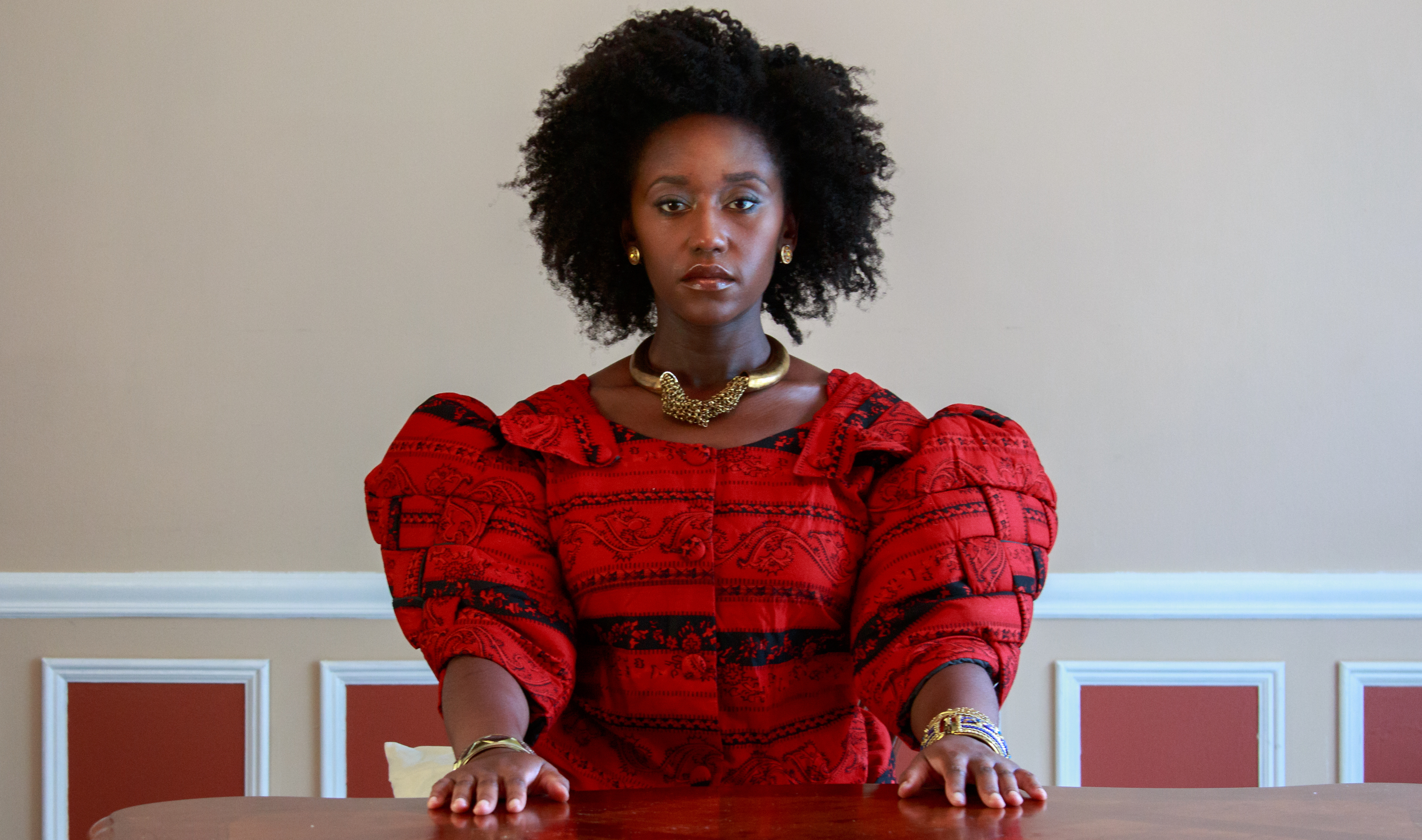Pick of the Day: “Queen of Glory”
Written, directed, and led by “The Chair” scene-stealer Nana Mensah, “Queen of Glory” is a charming film exploring the concept of home, warts and all. For Sarah (Mensah), a Ghanaian-American doctoral candidate at Columbia, her home — that is,...

Written, directed, and led by “The Chair” scene-stealer Nana Mensah, “Queen of Glory” is a charming film exploring the concept of home, warts and all. For Sarah (Mensah), a Ghanaian-American doctoral candidate at Columbia, her home — that is, her family, ancestral culture, and childhood community — is a source of frustration, something she won’t particularly miss when she moves with her married boyfriend (Adam Leon) to Ohio. But her priorities start to shift when her mother unexpectedly dies.
All of a sudden Sarah is back in her old Bronx neighborhood, sleeping in her childhood room, making arrangements, and figuring out what to do about the house and the Christian bookstore, King of Glory, her mother left her. Plus, her chauvinist father (Oberon K.A. Adjepong) — who moved back to Ghana when Sarah was a kid — has returned, treating Sarah like a servant, butting into her personal life, and generally annoying the shit out of her.
It’s a pain in the ass until it isn’t. After a few days in Pelham Parkway, Sarah settles into a contented groove. She bonds with Pitt (Meeko), the formerly incarcerated assistant at the bookstore, whose skills as a baker have helped draw customers. She reconnects with her neighbor and high school classmate Tanya (Anya Migdal), who has an aggravating family of her own. And, most significantly, Sarah allows herself to become reacquainted with her Ghanaian roots. At first, she plans a traditional mourning ceremony just to appease her father and aunties. By the end of the film, however, the rituals are genuinely helping her process her grief, and rediscover her love of her heritage.
Interspersed with footage of African social, political, and cultural gatherings, scenes of traditional Ghanaian dance, and a drumbeat-heavy soundtrack, “Queen of Glory” was clearly made with a lot of affection and passion. Mensah’s family also owned a Christian bookstore in the Bronx, and she wrote the film in response to the stereotypical characters she has been asked to audition for. Fed up with the “unfathomably downtrodden Black American or African women” roles, she told us, she “started crafting a narrative out of and in reaction to those things that were personal to [her].” Hers is a style of filmmaking I want to see more of — from Mensah, of course, but also from any indie filmmaker with something to say.
“Queen of Glory” is now in theaters.

 FrankLin
FrankLin 































